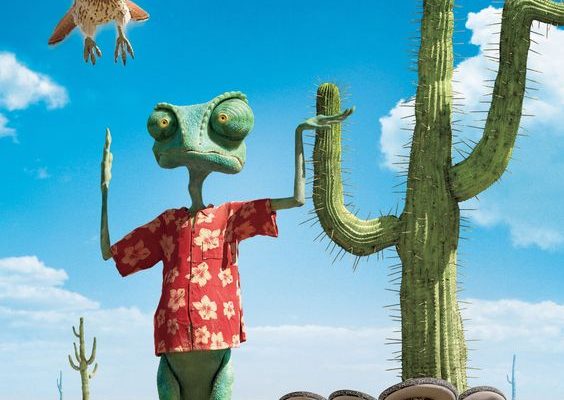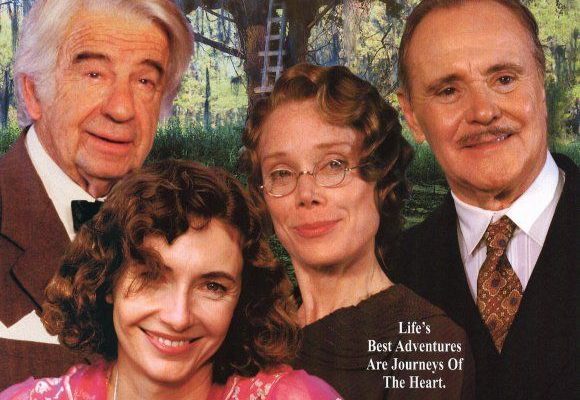The Best Animated Western Borrows From a Beloved John Ford Classic

In the vast desert of animated Westerns, one film stands out with its unique characters, vivid storytelling, and a noticeable nod to the classic works of legendary director John Ford. “Rango,” directed by Gore Verbinski and released in 2011, is not your typical animated feature. It offers up a blend of humor, adventure, and homages that earns it a rightful place as one of the best-animated Westerns—and at the heart of its inspirational web is Ford’s masterpiece, “The Searchers.”
“The Searchers,” released in 1956, is often revered as one of Ford’s greatest Westerns. It tells the story of Ethan Edwards, portrayed by John Wayne, who embarks on a relentless search for his niece after she is kidnapped by Comanches. The film’s themes of obsession, redemption, and the blurring lines between ‘civilization’ and ‘savagery’ are iconic elements that have influenced an array of subsequent Western stories.
While “Rango” presents itself as a more light-hearted romp through the Wild West, careful observers can spot several references to “The Searchers.” The protagonist, Rango—a chameleon accidentally thrust into the role of town sheriff—mirrors Ethan’s journey in his determination to uncover water for the parched town of Dirt. The film’s visual narrative includes wide desert vistas and framing shots that unmistakably mimic Ford’s cinematography.
Additionally, “Rango”‘s exploration of identity (with Rango assuming multiple personas), community (as seen in Dirt’s diverse inhabitants), and heroism (through Rango’s growth from a pretender to a real savior) can be traced back to themes explored by Ford. There’s a scene where silhouettes against stunning backdrops recall images straight from “The Searchers.”
“Rango” further borrows from “The Searchers” through its use of transgressive borders; Rango starts off as an outsider but ends up integral to the town’s social fabric. Much like how Ethan Edwards skirts the line between being an insider and outsider in his community. This parallel shapes one of the central narrative arcs in both films.
Both “The Searchers” and “Rango”, albeit through very different means, challenge viewers’ perspectives on heroism versus villainy—often flipping these dynamics on their head to highlight the complex nature of morality within the Western genre.
It is this marriage between homage and originality that makes “Rango” stand out as not just an animated feature suitable for children but also a sophisticated take on well-worn genre tropes that can be appreciated by adults. By borrowing elements from John Ford’s “The Searchers,” it pays tribute while simultaneously crafting something entirely new—an animated adventure that wears its influence proudly yet confidently walks its own path.






